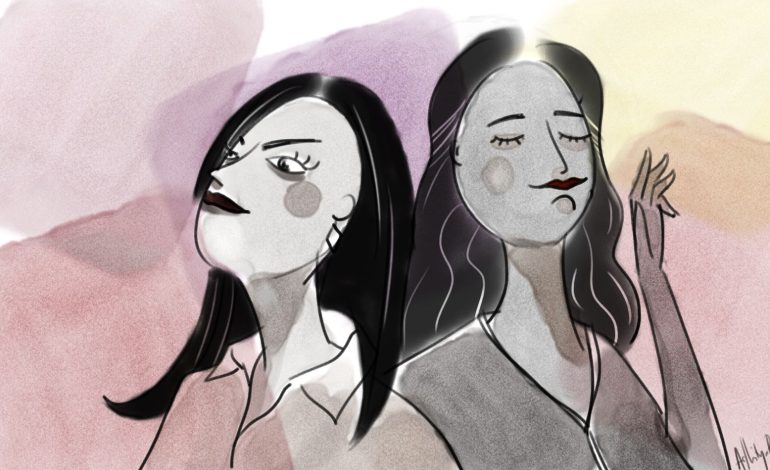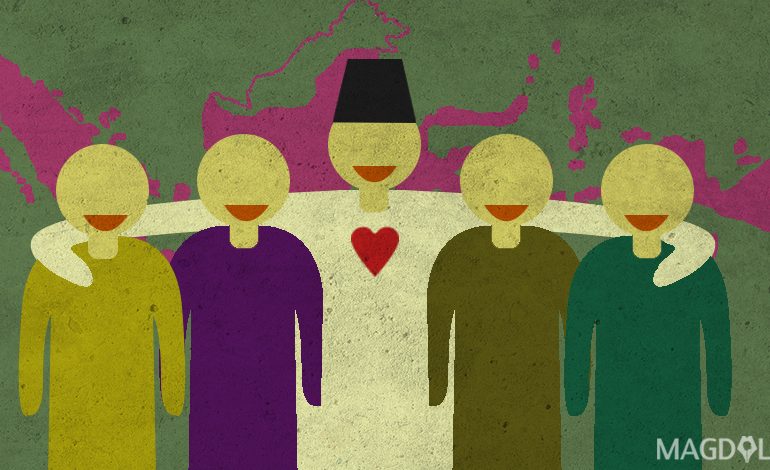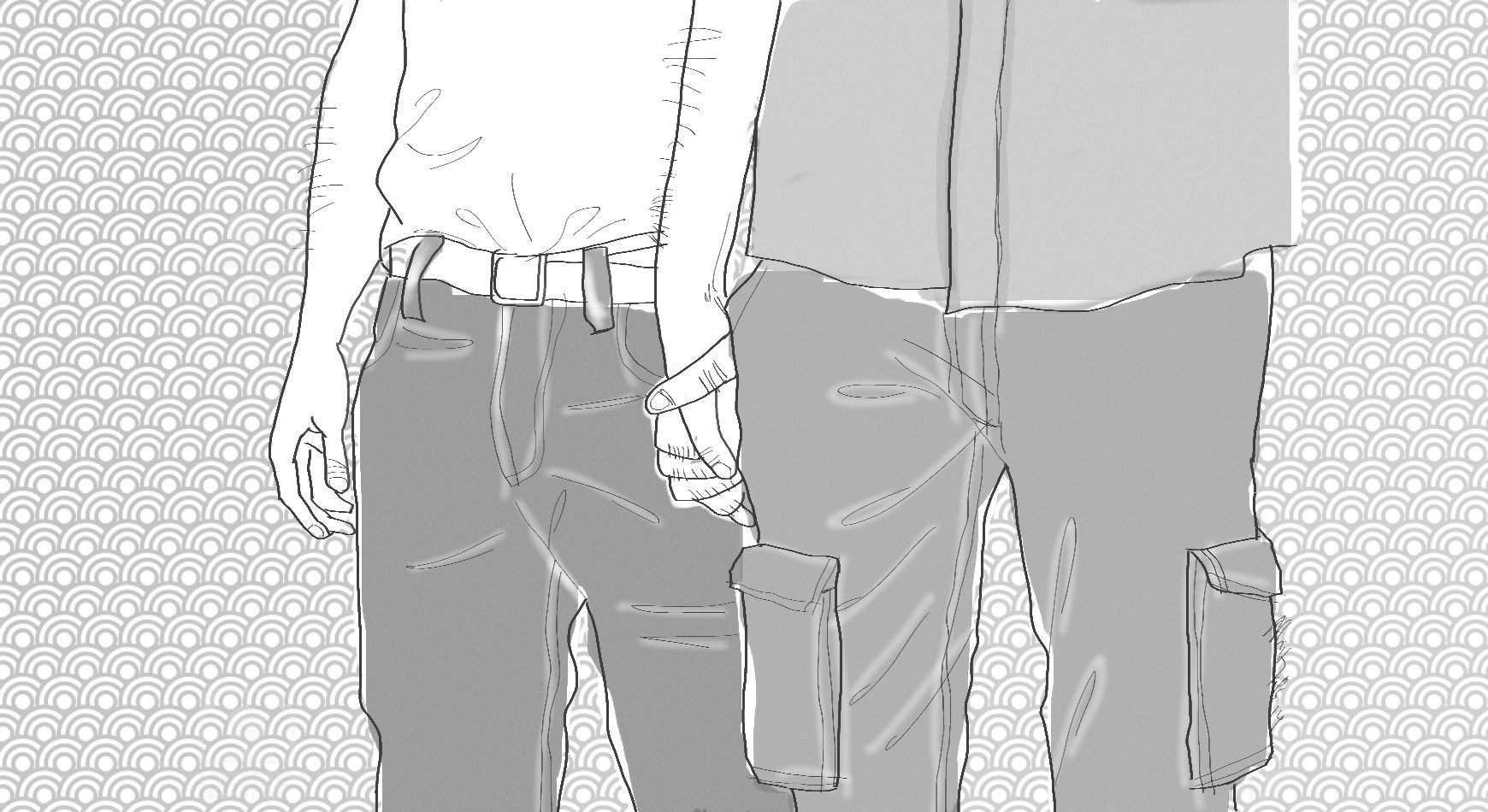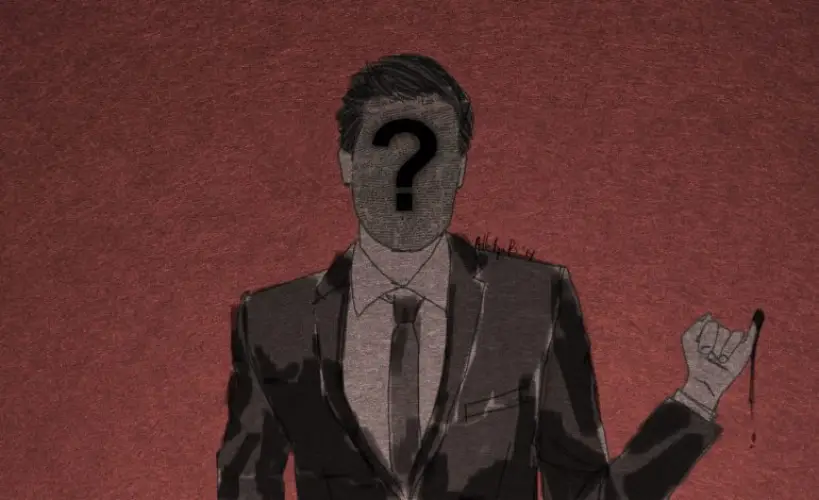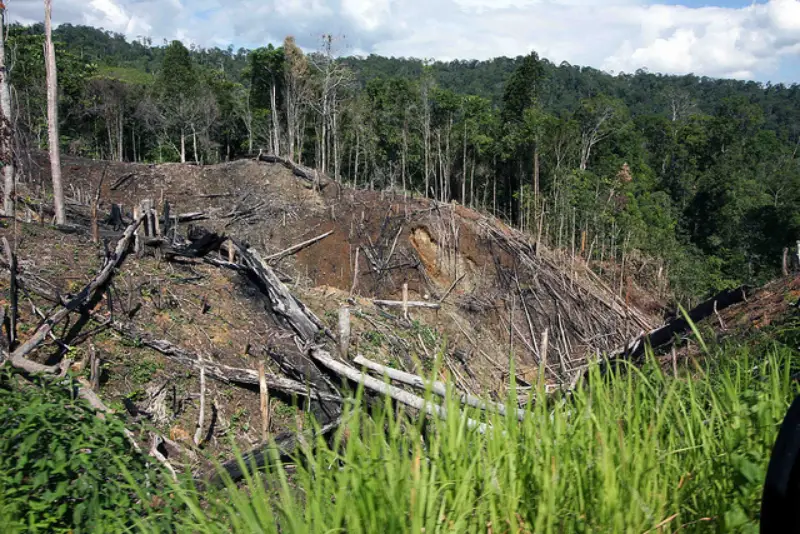“Black, No Sugar” Offers Platform to Discuss Taboo Issues
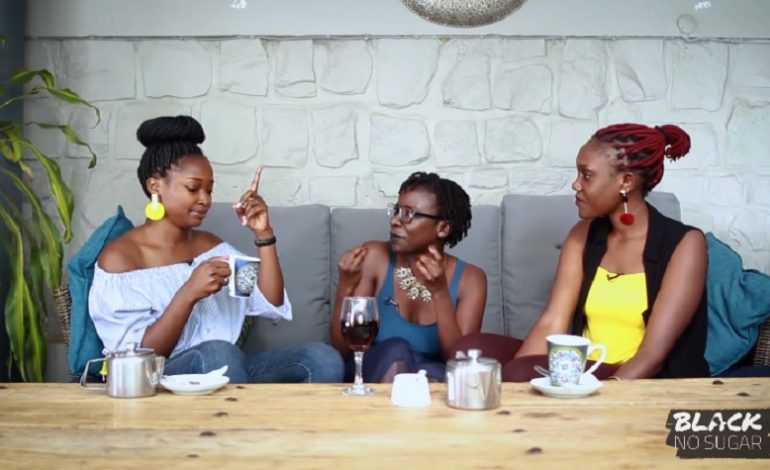
Ugandan journalist Patricia Kigula had been working for National Television Uganda for four years, when she realized something was off about how the media portrayed women.
“I was baffled by how little the media talked about certain issues, particularly those concerning women and young people,” Kigala told Magdalene in an email interview recently. The Kampala-based journalist was recently in Jakarta as one of the speakers in a discussion on women and journalism held by the women organization Kapal Perempuan.
“Women and young people were continuously excluded from conversations in the media, except to reinforce negative stereotypes that women are a homogeneous people – wives, mothers, teachers, social workers – who are only interested in TV drama, fashion and the likes,” she added.
She said that most young people and women were no longer watching television because there was nothing there for them and they felt misrepresented. The film industry is no better. Kigula said most movies portray women as gold digger, vulnerable, and depending on male figures for strength and survival. Growing up in a patriarchal society makes it difficult to acknowledge and speak up about what women think or feel, she said.
The situation drove her to found Black, No Sugar, a YouTube channel featuring discussion on issues affecting women in Uganda in March last year. The talk show is hosted by scientist Joanne Nvannungi, lawyer Elizabeth Kemigisha, and architecture Yvonne Adikini.
“They also come from different cultural background and have different perspectives on various issues, which is important for us to learn to engage respectfully and to exercise empathy,” said Kigula.
So far there are 19 videos covering various issues some of which are still considered taboo in Uganda, from accesses and side effects of contraceptives, speaking out on sexual harassment, to pleasurable sex.
“I want it to be a platform for young women to learn from each other, and for the world to notice them and the work that they do. I also want it to be a message to our community thatwe are more than just the stereotypes and there’s room for women in our media space, leadership, and work,” she said.
The name connotes the way some people want their coffee served, but it also has a special meaning, she said: “Black because we are black women, and No Sugar because we do not sugar coat the issues we speak on. Basically, we call a spade a spade.”
The recent episode on mental health was one of her favorite, she said, as she can relate to it and because the issue transcends gender, sexuality, race or religion.
“Mental health issue is something that we all most likely have to face, whether it affects us personally or our family members or friends. Yet no one ever really tells you how to deal with depression or anxiety in the same way they would tell you to go see a dentist when you have an issue with your teeth,” said Kigula.
While the channel is targeted at young people aged 18-35 in her country, Kigula said it also gives a glimpse of the modern-day Uganda to the world.
“The purpose of this channel is also to expose the international audiences to who we are as Ugandans and as Africans – our lives and experiences. We are not poor, always at war, uncivilized and ridden with diseases as most international media will have the world know about Africa,” she said.
Read about what happens to women who gives birth in Indonesian jails and follow @bunnnicula on Twitter.

